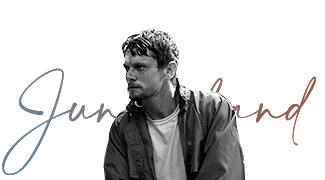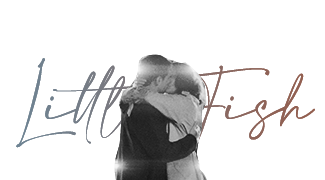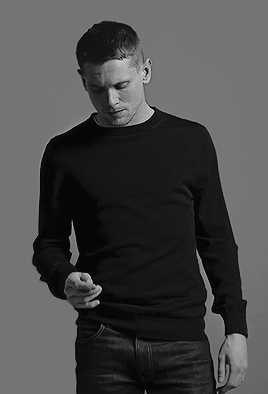In Angelina Jolie‘s new movie “Unbroken,” rising British actor Jack O’Connell plays Louis Zamperini, a World War II soldier whose plane crashes in the Pacific Ocean. He survived a month and a half at sea, floating on a raft in shark-infested waters, before being picked up as a prisoner of war by the Japanese. From there, he was sent to various torture camps, and made to do unthinkable things on a daily basis. Many scenes are terrifying, as well as heartbreaking; there’s one point where his punishment is being punched in the face by every other POW.
The film is an adaptation of the best-selling book of the same name and as you watch the story unfold, it’s hard to stomach that this really happened. O’Connell’s performance is riveting, and it’s his second film of 2014 that’s received acclaim; earlier this year, he was featured in an Irish-prison drama called “Starred Up,” which earned him praise for his role as Erik, a rough-and-tough inmate who has to learn the ropes of prison life rather quickly.
In 2015, O’Connell will begin shooting Jodie Foster‘s new movie “Money Monster,” which stars Julia Roberts and George Clooney. Speakeasy talked with him this week from London, where he detailed his work on “Unbroken.”
During the filming of “Unbroken,” did you figure out what was crucial to Louis’s survival?
I did the best I could. That was a key factor. One thing that he did, that we have in common, is that he had good family around him. There was always that. His endurance training and his physical training, as well as mental – he said he “always had to finish the race.”
Your body went through an intense transformation. How grueling was that?
It was arduous. Very, very arduous. Thankfully, I had professional people around. It certainly wasn’t a solo effort.
Is being very hungry while doing your job a burden?
Absolutely. The level of exertion that comes as a requirement, especially when you’re playing someone like Louis. He’s got a lot of energy, that fella. A lot of get up and go and you don’t have the calories in you to facilitate that.
When you were done wrapping the film, did you have an insane meal to celebrate?
No. I’d hoped to, but then you get advice against it because my stomach could shrink. So it wouldn’t be wise to make up for lost time. Such a shame.
I was thinking you had a pile of cheeseburgers and went to town.
It’s a cruel, cruel world we live in, mate.
Some of the most brutal scenes come when you’re being tortured. What is that experience like for an actor?
Anything like that, you have to be open to. Anything that would let you feel an affinity to the roles you’re playing is very useful. The relevance was there as soon as we woke up in the morning, feeling drained. But nothing in comparison to the reality. But still, at the end of the day, you get an insight. And you don’t feel sorry for yourself. I’m grateful to remember that going forward.
Is there a unique way that Angelina Jolie directed those torture scenes?
A lot of compassion. You never get any sort of feeling that she’s enjoying watching. She’s a very compassionate lady I felt, all around. I think her motivation with all of those scenes was to get it right for the people that did suffer.
Which would be worse for you: a plane crash, the threat of sharks eating you, or torture?
Hmm. That’s three very bleak outlooks. I’d rather have a shark try and eat me. If I don’t beat it in a fight, I can go out with a storm. I can go out swinging. A plane crash, I’m at something else’s mercy. I don’t fancy that. And if I’m tortured, I’m pretty strapped up. So, I’ll go for shark. I’d rather die on my feet.
















